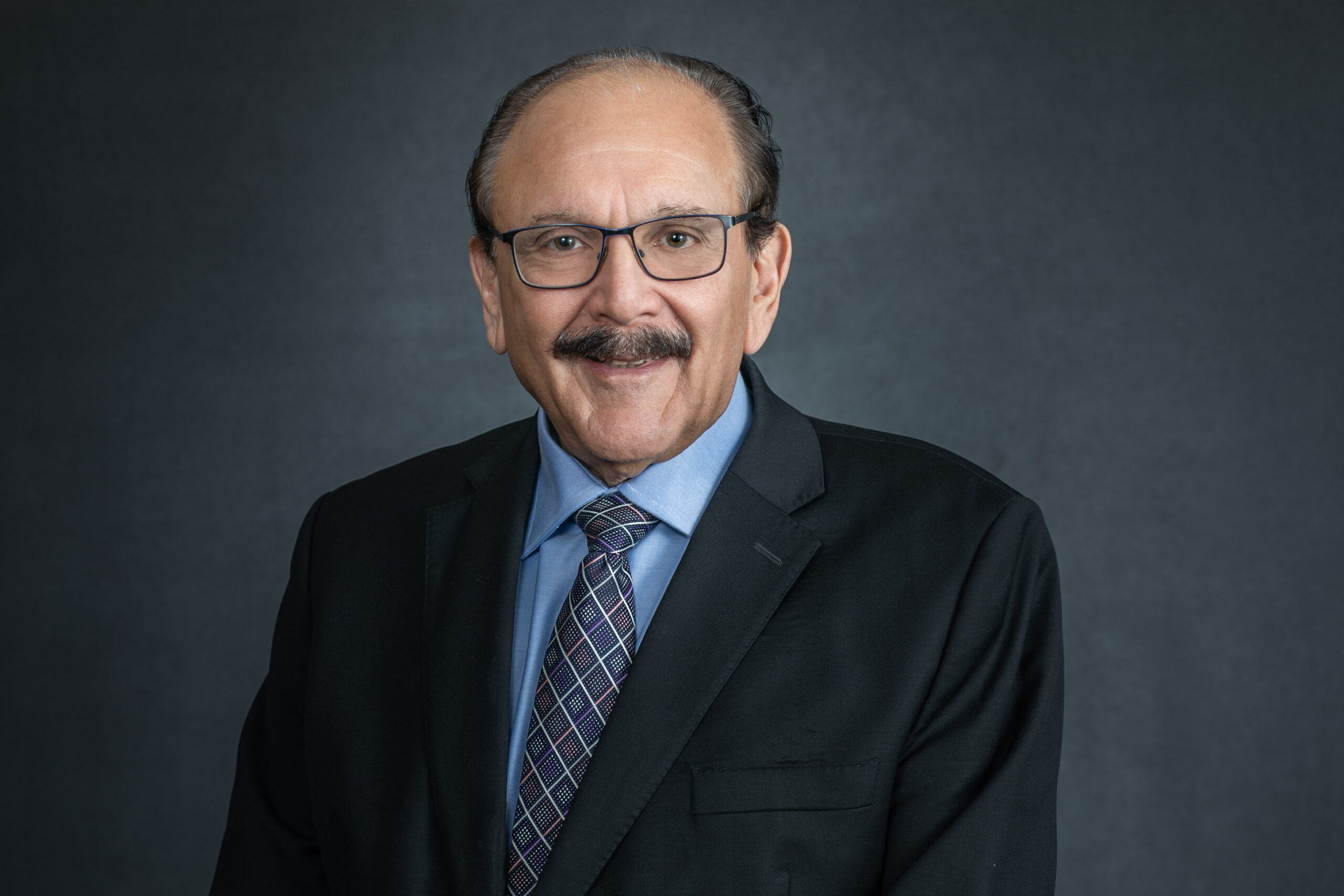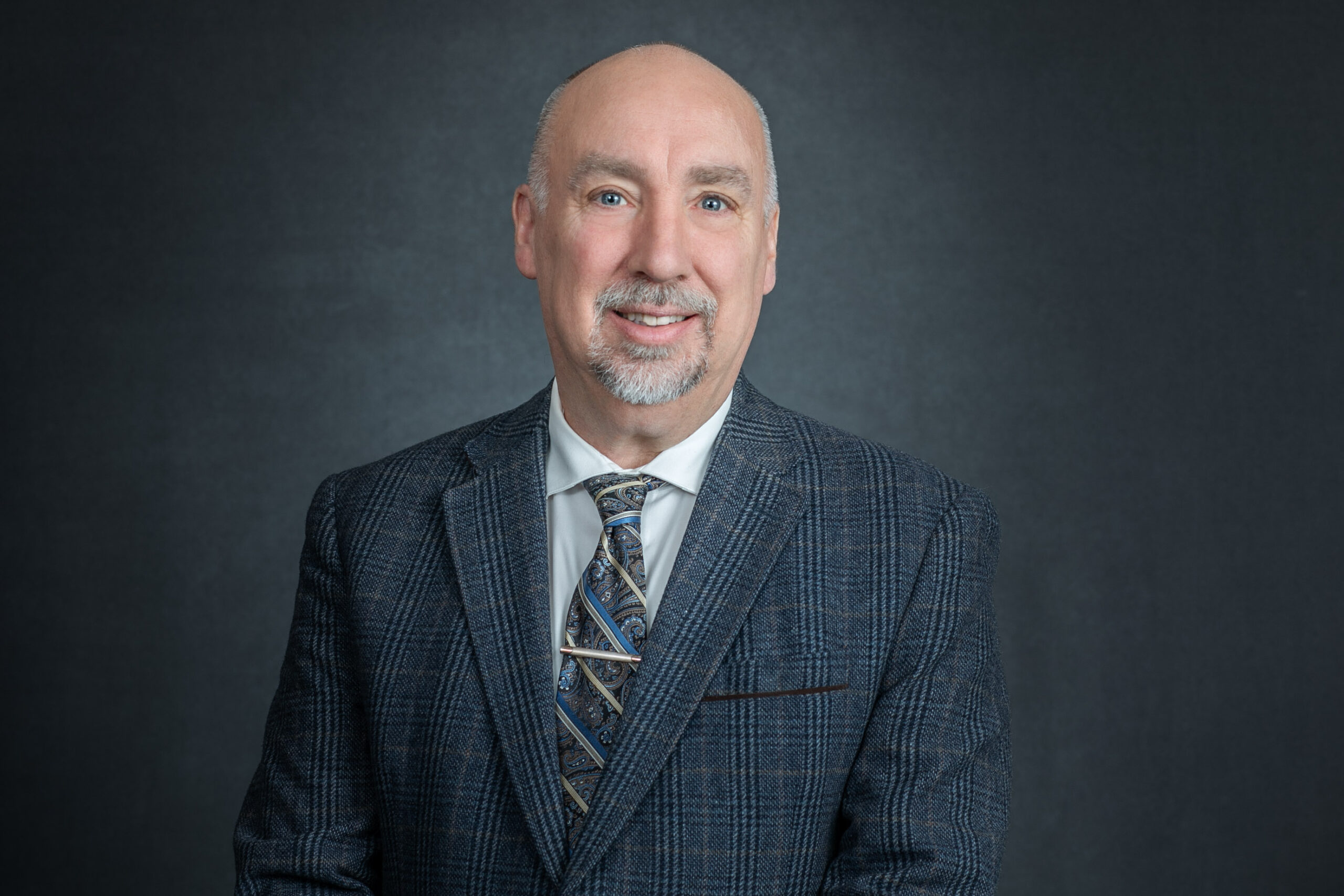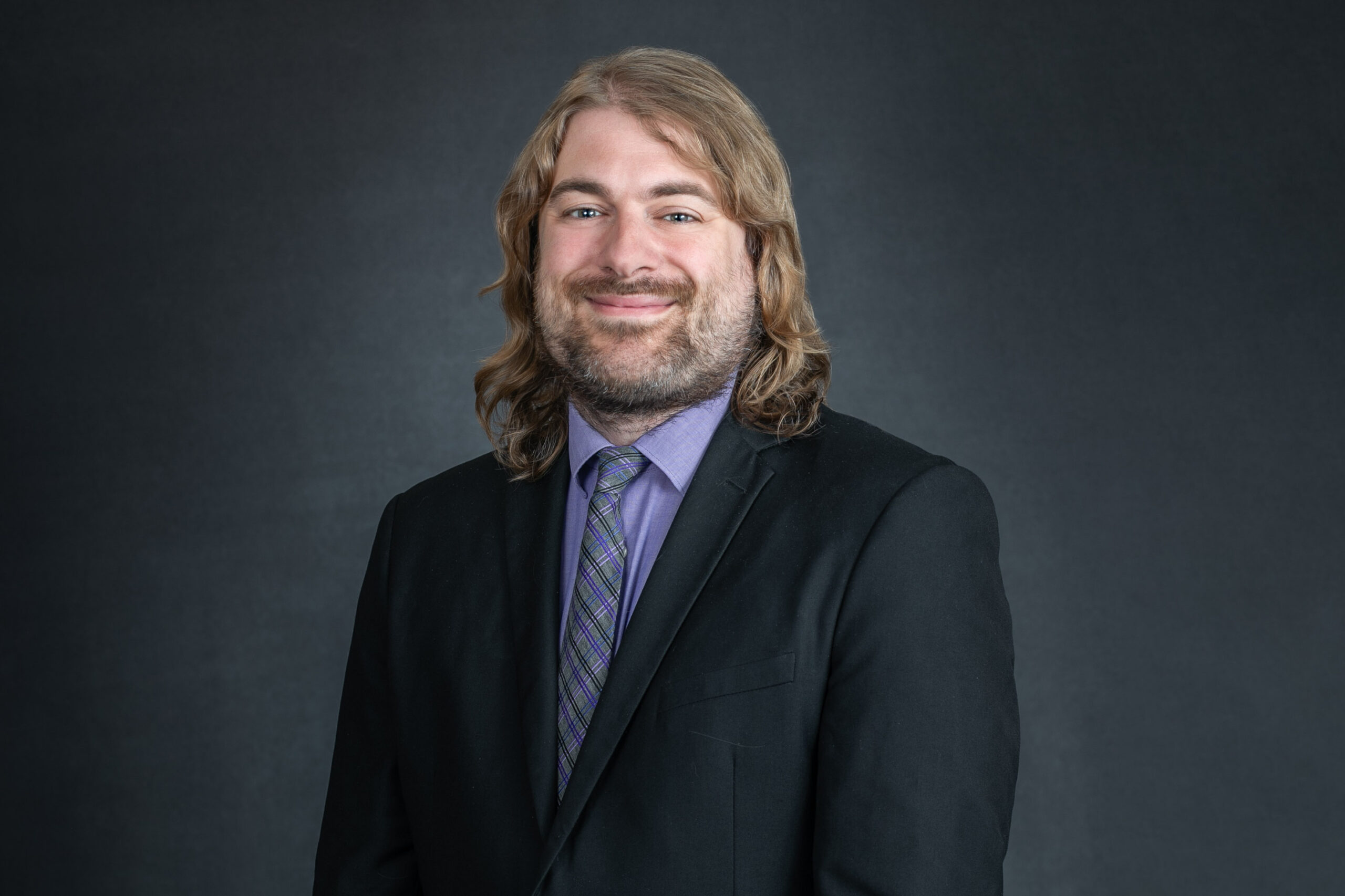
What Happens With A Properly Funded Trust
In our last blog post, we discussed a basic outline of what happens to a decedent’s assets when someone passes away. In this blog post, we will discuss more in depth the process of what happens when a decedent passes away with a properly funded trust. Our Pontiac, MI probate lawyer can answer questions you have about trusts, probate, and other issues that often arise after a loved one passes.
A properly funded trust is a trust that contains all of a decedent’s assets. If a decedent has a properly funded trust, what loved ones do next depends on the trust documents themselves. The person or persons named the Successor Trustee or Successor Co-Trustees have a variety of duties they need to perform. Everyone else is not required to do anything but is free to assist the Successor Trustee, if the trust allows it, and if the Successor Trustee is willing to accept their help.
The Successor Trustee is going to need multiple death certificates of the decedent in order to begin their duties. The items a Successor Trustee may need death certificates for include, but are not limited to:
- Providing death certificates to the decedent’s financial institutions, life insurance companies, and other institutions the decedent had assets in, in order to inform them that the decedent has passed away and to begin to have authority over the trust’s assets
- Providing death certificates to the register of deeds to have the decedent’s real estate passed to their trust if the decedent had a Lady Bird Deed
- Providing death certificates to the proper persons or entities needed for the Trustee to have authority over the decedent’s business holdings
From here, the Trustee has a variety of duties to perform that vary on a case-by-case basis but will generally include:
- Paying the decedent’s final taxes
- Paying any trust taxes
- Paying the decedent’s funeral and burial costs
- Paying the decedent’s creditors
- Notifying entities of the decedent’s death
- Inventorying and accounting for trust assets to the trust’s beneficiaries
- Selling or otherwise disposing of the decedent’s home and other real estate
- Paying any expenses of the trust estate
- Making distributions to the beneficiaries of the trust
The main benefit of having the trust is that the Successor Trustee should not have to engage in any court proceedings in order to handle these duties. This not only saves time and costs to the estate but also keeps the dealings private and not a matter of public record as they would be with a court proceeding.
The Trustee is also not obligated to use their own personal funds to pay any of the trust’s or decedent’s obligations—only the assets of the trust. In the event the Trustee does use their own funds to pay any of the decedent’s or trust’s obligations, they would be entitled to reimbursement from the trust, so long as the trust has sufficient assets to reimburse the Trustee.
In our next blog post, we will talk about what happens when someone passes away having an improperly funded trust and how that changes the way assets are handled compared to a properly funded trust. If you would like help with a trust or have other estate planning issues you’d like to discuss, we are here to help. Contact Gudeman & Associates, P.C. today.






